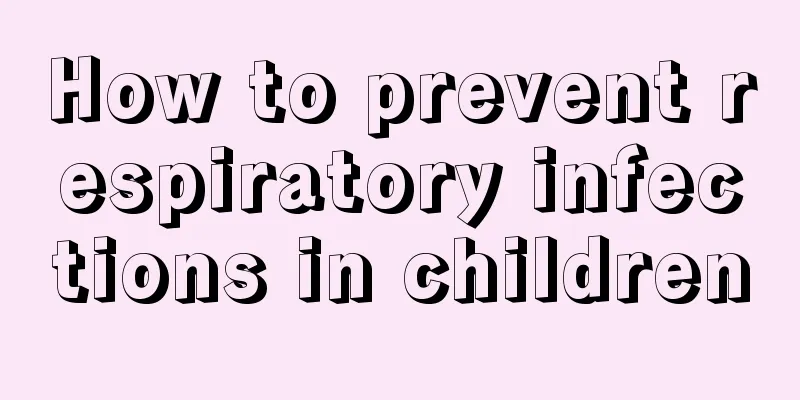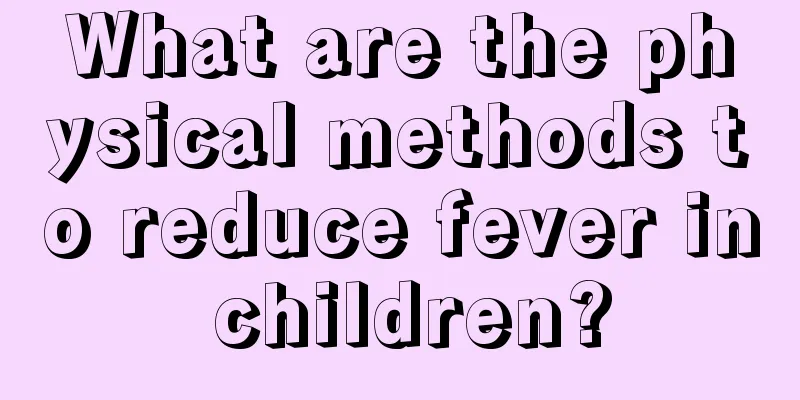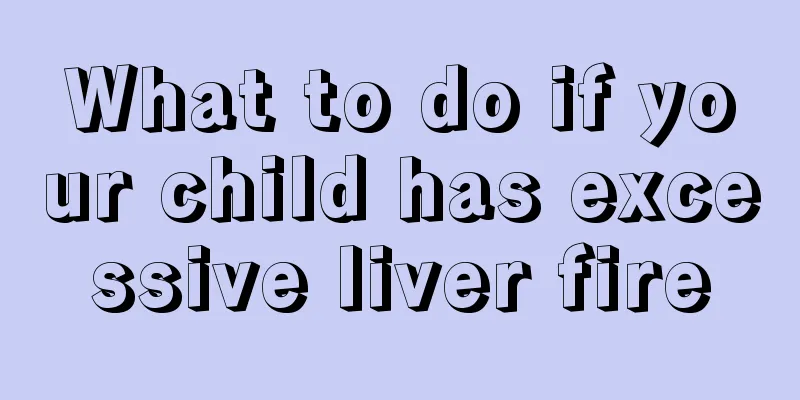The child complains of chest tightness?

|
If a child experiences chest tightness, parents must pay attention to it. There are many reasons for chest tightness. It is best to rule out the possibility of pleurisy and also rule out whether the chest tightness is caused by pneumonia. These all require relevant examinations. In order to reduce the baby's pain, it is best to take the child to the hospital as soon as possible. Do not give the child medicine privately, so as not to aggravate the condition and increase the difficulty of treatment. Chest tightness is a subjective feeling of difficulty breathing or not having enough air. Those with mild symptoms will feel nothing serious, but those with severe symptoms will feel uncomfortable, as if a stone is pressing on their chest, and even have difficulty breathing. It may be a functional manifestation of the body's organs, or it may be one of the earliest symptoms of disease in the human body. The causes of chest tightness in people of different ages are different, the treatments are different, and the consequences are also different. Causes of chest tightness and shortness of breath 1. Functional chest tightness (i.e. chest tightness without organic disease): Staying in a room with closed doors and windows and poor air circulation for a long time, or encountering some unpleasant things, or even having quarrels or disputes with others, or being in a climate with low air pressure, often causes feelings of chest tightness and fatigue. After a short rest, opening windows for ventilation or going outside to breathe fresh air, relaxing your mind and regulating your emotions, you will soon return to normal. This type of chest tightness can be said to be functional chest tightness, and there is no need to worry or seek treatment. 2. Pathological chest tightness (i.e. chest tightness caused by organic lesions): Chest tightness can not only be physiological, but can also be caused by diseases in certain organs in the body, i.e. pathological chest tightness. like: Respiratory obstruction: tumors in the trachea and bronchus, tracheal stenosis, and external pressure on the trachea (thyroid enlargement, tumors in the mediastinum); Lung diseases: emphysema, bronchitis, asthma, atelectasis, pulmonary infarction, pneumothorax; Heart disease: some congenital heart diseases, rheumatic heart valve disease, coronary heart disease, heart tumors; Diaphragmatic diseases: diaphragmatic bulging, diaphragmatic paralysis; Pathological chest tightness can occur suddenly or slowly. Most of the sudden occurrences are due to acute traumatic or spontaneous pneumothorax, acute asthma, acute foreign body in the trachea, acute heart attack, acute pulmonary infarction, etc. Chronic chest tightness is a condition in which symptoms gradually worsen as the disease progresses. Chest tightness in children mostly indicates congenital heart disease or mediastinal tumors; chest tightness in young people mostly indicates spontaneous pneumothorax, mediastinal tumors, or rheumatic heart valvular disease; chest tightness in the elderly mostly indicates emphysema, coronary heart disease, etc. |
<<: A child fell again after recovering from a fracture for half a month
>>: Is it normal for a 10-year-old girl to have her period?
Recommend
How to deal with spots on baby's face
If there is an abnormality in the baby's body...
What is the best way to treat lung heat in children?
If a child develops lung heat, parents must pay a...
Child vomits after eating too much
Vomiting can be a physiological phenomenon or a p...
How to solve the problem of slow growth and development of children?
I believe many people have heard of the disease o...
What to do when your 2-year-old baby is in the rebellious period
As the baby grows up, mothers will sigh that the ...
Baby allergic symptoms to goat milk powder
Babies are in the most critical period of life wh...
How to deal with burns and blisters on children?
Most burns on the skin surface are caused by care...
How to improve children's memory
Every mother wants her child to learn more than o...
5-year-old baby has stomach ache
A five-year-old baby’s stomachache may be caused ...
What are the benefits of eating grapefruit for children?
We all know that grapefruit is very nutritious, a...
The baby sleeps from the afternoon to the next day
Sleep is very important for both adults and child...
How to avoid black spots on the whites of children's eyes in life
Children's health is very important to every ...
What to do if your child procrastinates on homework
If parents find that their children are procrasti...
What should I do if my child coughs and has a white tongue coating? Pay attention to improving immunity
If a child has a cough and his tongue coating tur...
What to do if the newborn's hands and feet are cold
Parents who have taken care of children know that...









